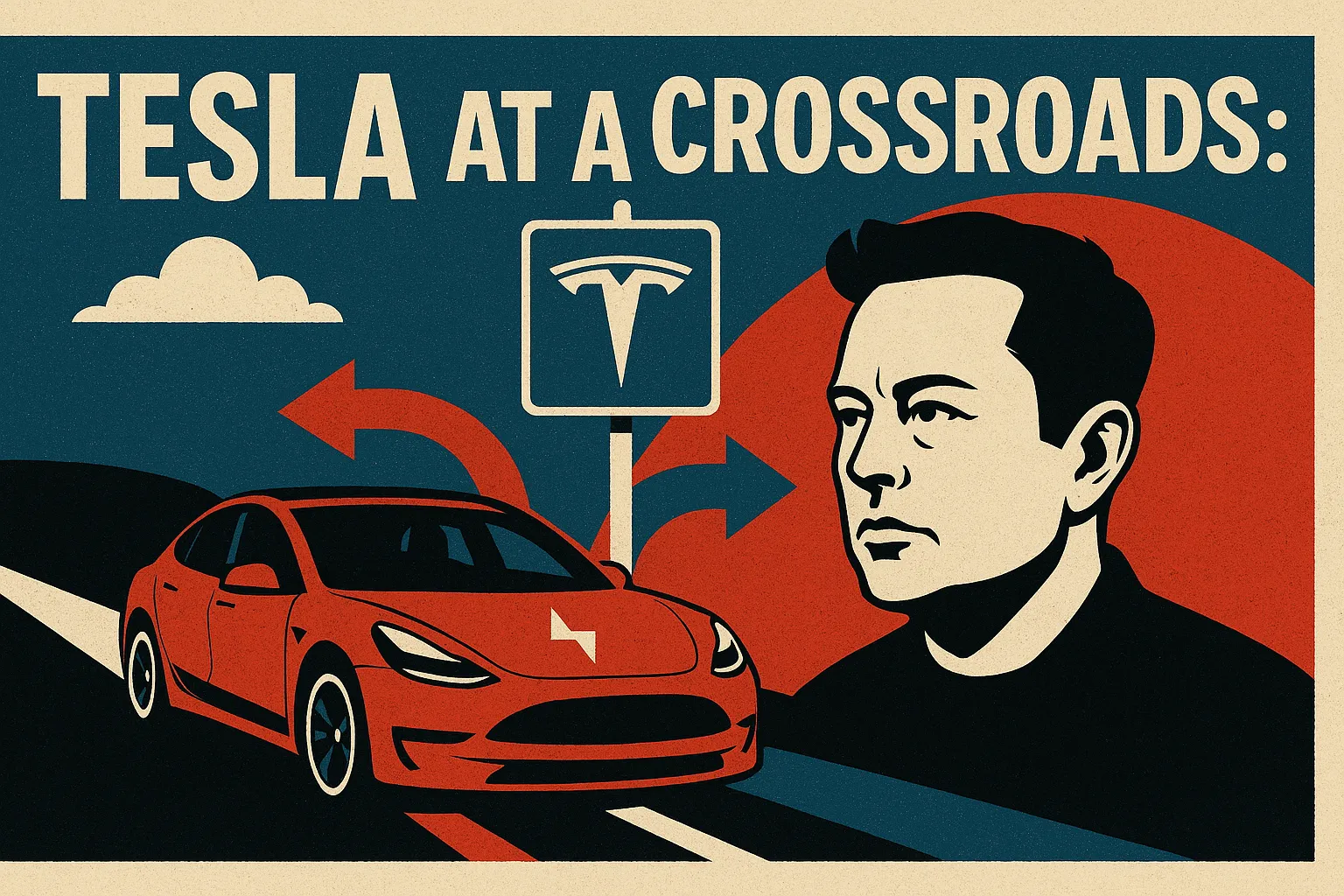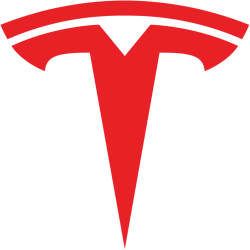
Key Points
- ⚡ Tesla's sales have declined in multiple markets correlating with Musk's political activities, particularly in regions where he's supported controversial political movements
- 🔄 Brand perception has polarized, with Tesla gaining popularity among Republicans while losing appeal with demographics more likely to purchase EVs
- ⚖️ Investors must weigh potential political benefits (governmental support, favorable regulation) against risks (alienated customer base, executive distraction, international backlash)
Elon Musk's political trajectory has undergone a significant evolution in recent years. Once described as a 'Silicon Valley libertarian' who previously supported Democratic candidates including Hillary Clinton, Musk has shifted markedly to the right. In 2024, he endorsed Donald Trump for president, becoming the single largest individual donor to Trump's campaign with contributions reported at over $277 million. Following Trump's victory, Musk was appointed to a government position as a DOGE (Department of Government Efficiency) official, cementing his direct involvement in American politics.
Beyond U.S. politics, Musk has extended his influence internationally, particularly in Europe. He has publicly endorsed far-right parties, including Alternative for Germany (AfD) and Spain's Vox party. His support for AfD was especially controversial, as it coincided with German Tesla registrations falling by a staggering 76% in February 2025 compared to the previous year. German officials, including Chancellor Olaf Scholz and Deputy Chancellor Robert Habeck, have criticized Musk's actions as foreign interference in domestic politics.
Tesla's sales figures have shown concerning trends that correlate with Musk's political activities. In Germany, where Musk endorsed the far-right AfD party, Tesla registrations plummeted by 76% in February 2025 compared to the previous year – a particularly alarming statistic considering that overall EV registrations in Germany increased by nearly a third during the same period. This suggests that German consumers may be specifically avoiding Tesla rather than electric vehicles in general. Similar patterns have emerged in other markets, with Tesla sales falling by 45% in France during the first two months of 2025 and by more than a third in Australia over a four-month period following Trump's reelection.
Even in Tesla's home turf of California, traditionally a stronghold for the company, registrations have declined for five consecutive quarters, with a 11.6% drop in 2024 according to the California New Car Dealers Association. These sales figures paint a picture of consumers potentially steering clear of the Tesla brand due to its association with Musk's politics, representing a tangible financial impact that investors need to factor into their assessment of the company's prospects.
Tesla's brand perception has undergone a remarkable transformation. What was once seen primarily as a tech-savvy, environmentally conscious luxury brand has become increasingly politicized. Survey data shows that opinions about both Musk and Tesla have become sharply divided along partisan lines. The American EV Jobs Alliance polling from November 2024 found that favorable opinions of Musk were heavily influenced by political affiliation. Strategic Vision, a company that surveys vehicle buyers, notes that Tesla has seen its popularity soar among Republicans and conservatives, while simultaneously alienating liberals, moderates, and independents.
This polarization creates a challenging dynamic for Tesla's business model. Alexander Edwards of Strategic Vision points out a critical mismatch in Tesla's changing customer base: 'The liberals, moderates and independents that Musk is driving away are more likely to consider an electric vehicle. The new fans he's winning over — for now — not so much.' Some surveys have found a gap of more than 20 percentage points in EV consideration between these groups. This suggests that Tesla may be gaining popularity among demographics less inclined to purchase its products, while losing favor with its traditional customer base who are more likely to buy electric vehicles.
While Musk's political activities have alienated some customers, they may also confer certain advantages to Tesla. President Trump's unprecedented public endorsement of Tesla, including his announcement that he would purchase a Tesla for White House staff, signals potential political support for the company. This relationship could potentially translate into favorable regulatory conditions, government contracts, or policy decisions that benefit Tesla's operations in the United States.
Trump's characterization of attacks against Tesla vehicles and infrastructure as 'domestic terrorism' also suggests a level of government protection for the company's assets. Additionally, Musk's position within the administration could potentially give Tesla an inside track on policy developments affecting the electric vehicle and renewable energy sectors. However, investors should weigh these potential benefits against the risk that they could be temporary or subject to political winds, as opposed to sustainable competitive advantages based on Tesla's products and technology.
The politicization of Tesla poses several distinct risks that investors should carefully consider. Brand damage may prove difficult to reverse, particularly if Musk continues to make controversial political statements or endorsements. The company faces potential long-term erosion of its customer base in regions where Musk's politics are unpopular, including key European markets and progressive U.S. states that have traditionally been EV adoption leaders. Additionally, the reported vandalism and protests against Tesla dealerships, vehicles, and charging infrastructure represent physical risks to company assets and potential deterrents for prospective customers concerned about targeted attacks.
Another consideration is executive focus. Musk's significant political activities, including his role in the Trump administration, raise questions about his attention and commitment to Tesla's operations and strategy. For a company that has historically been tightly linked to its founder's vision and leadership, any dilution of Musk's focus could impact innovation, execution, and corporate direction. Finally, there's the risk of regulatory backlash in international markets where Musk has criticized local governments or supported controversial political movements, potentially leading to increased scrutiny, regulatory hurdles, or even punitive measures against Tesla's operations.
The intertwining of Elon Musk's political activities with Tesla's brand presents a multifaceted scenario for investors to navigate. While Tesla continues to benefit from industry-leading technology, significant manufacturing scale, and a head start in the EV transition, its changing brand perception introduces new variables into any investment analysis. The apparent trade-off between gaining popularity among demographics less likely to purchase EVs while potentially alienating traditional customers creates uncertainty about future sales trajectories. Investors need to carefully weigh these political factors alongside traditional metrics like financial performance, competitive positioning, and technological innovation when evaluating Tesla's prospects.
Disclaimer
This article is for informational purposes only and should not be considered as financial advice.
Published: March 23, 2025
Last Updated: March 23, 2025


